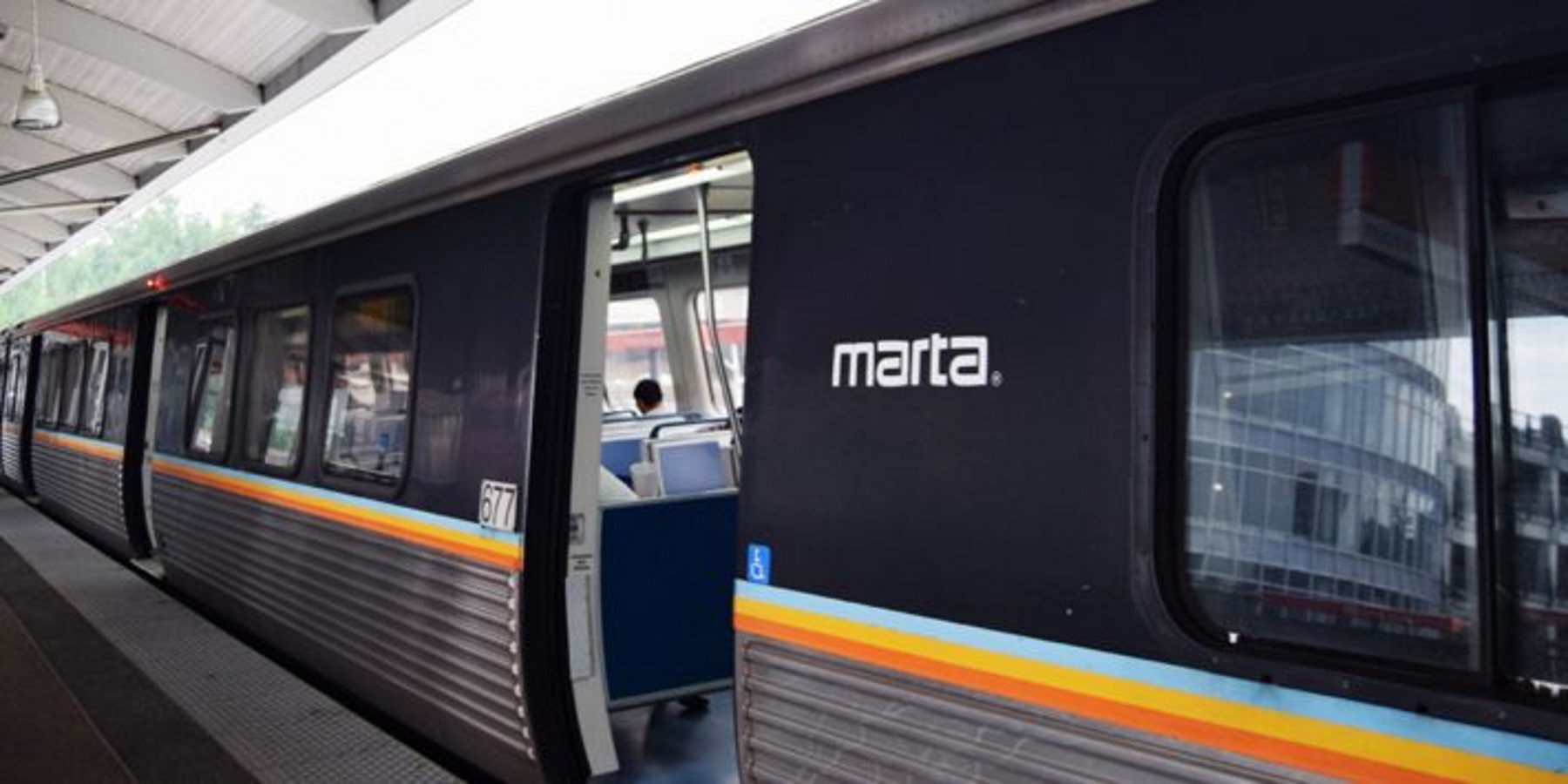Poll: More Than Half Of Metro Atlantans Would Pay More For Public Transit

More than half of more than 5,400 people surveyed by the Atlanta Regional Commission said they would be willing to pay more in taxes to expand public transit in the region.
ALISON GUILLORY / WABE
The Atlanta Regional Commission’s latest poll of more than 5,400 residents in metro Atlanta found transportation was ranked as the top concern.
More than half of the people surveyed said they would be willing to pay more in taxes to expand public transit in the region.
However, residents who live farther away from the city of Atlanta said crime was their top concern.
Doug Hooker, executive director of the ARC, said concern about crime correlated with income levels.
“That’s probably a part of their daily reality, unfortunately,” Hooker said. “It’s less about where they’re located and more about what the incomes are. So that probably says those are communities that have larger percentages of moderate- or lower-income residents.”
State records show the Atlanta metro area, as a whole, has had nearly the same crime rate since 2009.
Ginneh Baugh of the United Way of Greater Atlanta said she could only speculate why there was an increase in concern about crime.
“One of the things we saw in the past is about this perception of the region, and is that part of what’s actually happening people see in the news and things like that,” Baugh said. “We have probably more instances of people who have that instability with transportation or who experience the long, long hours in traffic who are living a bit closer in. So that’s some of why we think [transportation] may be a lesser concern, the farther out you go.”
The United Way is one of the sponsors of the survey.
“One of the things that sometimes gets missed is people’s feelings and attitudes about the community, so the survey is a great opportunity to get that kind of information,” Baugh said. “It tells us a lot about community needs. A lot of times we think about poverty, but for United Way, it is everybody along the continuum. When folks aren’t able to cover a financial emergency, that also talks about financial instability. What it means is that underneath it, people are still struggling.”
Similar to last year, about 14 percent said they would not be able to pay an unexpected $400 expense and 15 percent said they’d have to borrow money or pawn or sell something to cover the cost. Nearly 1 in 5 metro Atlanta residents surveyed said they had to skip meals or reduce portion sizes to save money last year.
Correction: The spelling of Ginneh Baugh’s name has been corrected.








